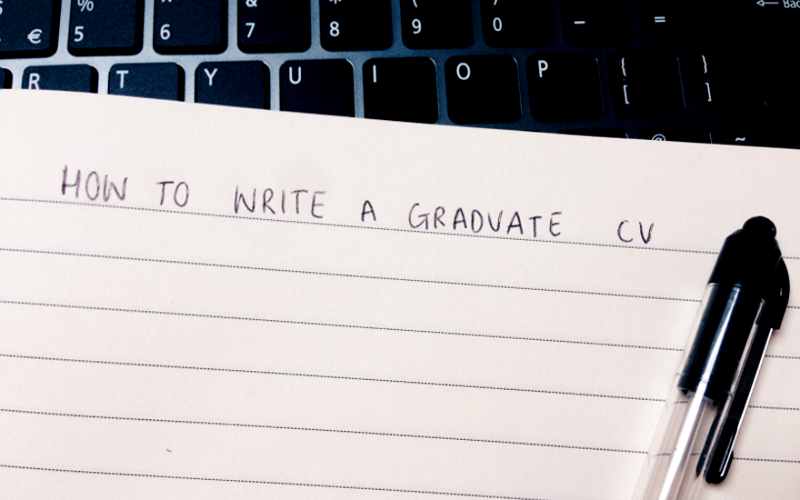How to write a graduate CV
I recently went to see my careers adviser at my old university for a bit of help with my CV, as I'd been told before that it didn't really reflect my strengths as a graduate. There's no such thing as a perfect CV or a type of format that suits everyone, and nowadays a lot of larger companies won't even ask to see one, but a CV is still an important tool to sell yourself. Here are a few tips that my adviser passed on to upgrade your current CV to a graduate level:
> Write in an academic tone. Although it's likely that your CV will already be formal, make sure that you're writing in third person, and use the type of language that you might typically utilise in an essay.
> Make sure that your personal profile doesn't include cliches such as "highly motivated", or "works well in teams as well as independently". If your course has a list of expected outcomes (which could be available in a student handbook or on your university's website), take a look at some of the skills that are mentioned - these are the kinds of things that might be better to include.
> If you have a full driving license then definitely make it clear in either your profile or as a qualification, as a lot of graduates won't have this.
> Have a "qualifications" section rather than "education", as it immediately broadens the type of information that you can include. If you have chartered membership with any organisations (such as the British Psychological Society) then that can be included, along with any other relevant awards or training, such as first aid.
> If you had any modules throughout your second and third year at university that could be relevant to the job you're applying to, then mention them under your degree qualification.
> If you completed a dissertation during your final year at university then make sure to include it as it demonstrates a lot of key skills, and will be particularly important if you're applying for an assistant or research role.
> Have a "relevant experience" section rather "work experience". This can be helpful if you have limited experience in paid positions but have spent time volunteering. Make a chronological list of the relevant experiences you have with the most recent first - whether paid, voluntary or personal - and pick out the responsibilities you had in the role, along with the skills you gained or used.
> Finally, my last tip would be to check over your CV before every application and make sure that it's been tailored to each individual position, as some things might not be as relevant, or might need changing around (you might have different modules that would be better to mention for example).

Comments
Post a Comment